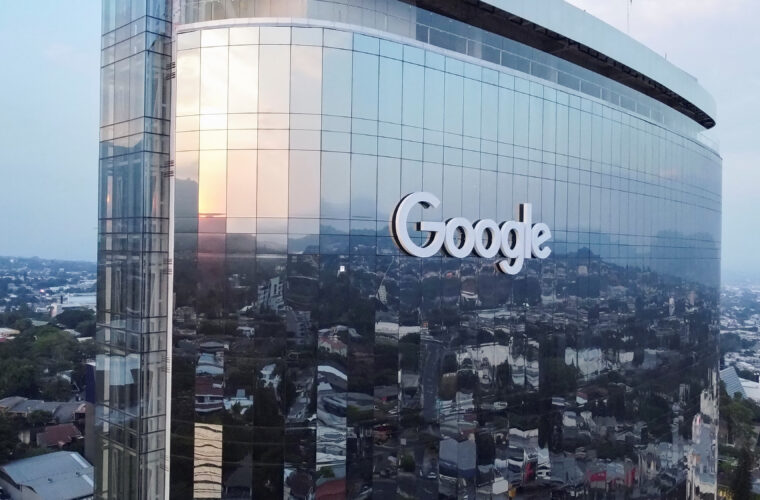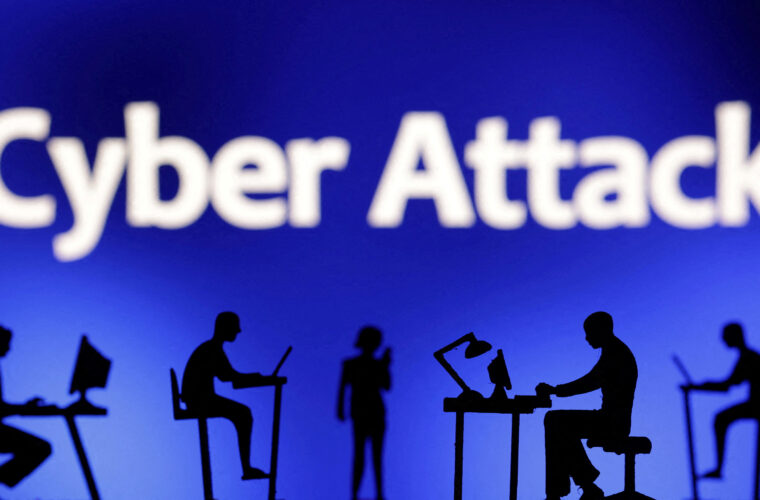Gaël Duval is not just a dreamer but a man who does not give in to the dominance of big tech
Never before has privacy become a central issue in Brussels’ discussions in a Europe that is trying to raise its head again after the pandemic. Just think of what Digital Services promises, the set of laws that, still awaiting approval, promise to change forever the world in which large technology companies approach our market, namely the way they receive, manage and exchange consumer data. The GDPR has already laid the foundations for a more transparent European framework, but there is still a long way to go.
As mentioned, in times of pandemic, there are scenarios in which privacy becomes, of necessity, the central pivot of a certain way of using connected devices. The reference is to the bring-your-own-device scenario, which seemed to have disappeared years ago and which, however, with the boom in remote working, has come back to the fore. Working from outside the office, in all its forms, has created countless opportunities for technology providers to reach users, who are no longer just workers or individuals but hybrid subjects, playing different roles at the same time. But that’s not all: once the wall of security formed by the corporate network has fallen, cybercriminals have worked hard in recent months to set up even more precise phishing campaigns, so as to violate, with extreme ease, infrastructures that should make security a fixed point in the global economy, such as platforms for booking vaccines and the same system for generating QR codes for the creation of the Green Pass (now widely used in Italy, less so elsewhere).
Privacy central topic
This is a moment in history when the opinion of a person like Gaël Duval represents an absolute value, not only for insiders. Gaël was born in 1973, graduated from the University of Caen, France and, in July 1998, created Mandrake Linux, a Linux distribution originally based on Red Hat Linux (version 5.1) and KDE (version 1.0). He was a manager at Mandriva until March 2006. Since then, he has dedicated himself to his new project, Ulteo, born out of a desire to make it even easier to use computers in general and Linux distributions in particular. In November 2017, he created /e/ (formerly known as Eelo), an Android distribution forked from Android Open Source Project, aimed primarily at privacy.
“When you’re young and want to bring something new, you look around and try to improve what you already have,” Duval tells us. “That’s when I thought about how to extend the use of Linux to everyone, through something that went beyond a few lines of code. That’s how Mandrake was born and, to my amazement, it went far beyond expectations. Within a few months, I went from being alone to having other people by my side. We were sending CD-ROMs all over the world with the operating system distribution on them, without having any idea what we had really done for the whole open source community”.
The birth of a movement
Mandrake Linux was a real movement, with a community club that, at its highest point, grouped twenty thousand paying users and definitely several thousand more free ones. Before Mandrake came along, installing Linux was a tedious operation that required some knowledge of the inner workings of an operating system. Keeping Linux running even after installation was not for the faint of heart and required manual manipulation of configuration files from the command line, managing file permissions, and the like. Mandrake sought to change all that and make Linux an operating system that anyone could use.
“In 2006 I started a new company Ulteo, with the goal of designing and developing software to virtualize desktops, with a focus on businesses and professionals. It didn’t have a lot of commercial success, so in 2014 I thought I’d veer off, until in 2016 I started analyzing what’s going on in smartphones, especially in the area of how big companies manage hardware and software”. The more we use our phones, the more we notice, or worse we don’t notice, how much data goes into the hands of these big companies who use it without any problem. All we have to do is sign an agreement when we turn on our phones or install an app, and the information we collect ends up everywhere, with the companies themselves as well as their partners.
Duval therefore tried to see if it was possible to guarantee a better scenario for privacy than that set up by the giants of the sector, such as Google and Apple. All without restricting smartphone use. In 2017, Eelo was born, a project designed to create an open source operating system for smartphones. A name change to /e/, did not give rise to any internal changes but only followed the need for differentiation from a Netherlands-based company with a similar name, Eeelloo.
Duval said the phone project began because of his concerns about privacy issues and mobile technology, especially issues centering around Google. Community support for the project came quickly. In December, 2017 he launched /e/ with a fund-raising campaign on Kickstarter which raised over $94760, which allowed him to quickly have a prototype fork, based on LineageOS.
Another fundraising campaign, this time on Indiegogo, raised $14371 and the project continues to raise funds on its website. Additional funding comes from a Patreon account. The project, which now operates under the name /e/ Foundation, currently has a team of dozens of people, including employees, regular and occasional contributors, working on the initiative. Beta versions of /e/ were released for around 30 smartphone models in September 2018. As of November 2019, /e/ supported 89 smartphone models, which, today, grows to over 204, including smartphones and tablets.
“The special thing is that we have replaced Google altogether with open alternatives, for email management and other things. At the launch of the first release, people didn’t even think they could install their own operating system, without great difficulty. The turning point was to think about the possibility of selling a smartphone with our system already pre-installed. We did this with Fairphone, a phone model made with a high degree of sustainability and with a view to the modularity of its elements”.
A lower-entry model was introduced soon after with the Gigaset, a device that in the foundation’s portfolio costs 230 euros, which is definitely more affordable for many consumers. But in the catalogue of /e/, to date, there are other ‘deGoogled’ models, grouped together under the suffix of Murena. The aforementioned Fairphone 3+, OnePlus Nord 5G, even the reconditioned Galaxy S9 and S9+.
“As a foundation, we follow what the industry has already made available, simply by adapting it to a consumer segment, that of mobility, which today involves everyone, just everyone. It doesn’t matter if you are a worker, a student or a manager, everyone has a smartphone in their pocket and everyone should be concerned about the privacy inside it. We have a choice: do we care about our digital life or not? If the answer is yes, there are alternative ways to go, without limiting the use of these objects”.
The Covid outbreak
Has Covid raised or lowered the concept of privacy for people? “It has certainly put the issue of data circulation back at the centre. Think of contact tracing apps. Starting from an Android framework, we give the possibility to enable or not contact tracing, but this is not the only point. The balance between freedom and security, whether health or technological, is always very sensitive, and the pandemic has certainly not made the matter any easier. In addition, the use of consumer applications to work from home, such as Gmail, has given cybercriminals greater scope for hacking, which should definitely increase the importance of dialogue and knowledge of alternative solutions”.



